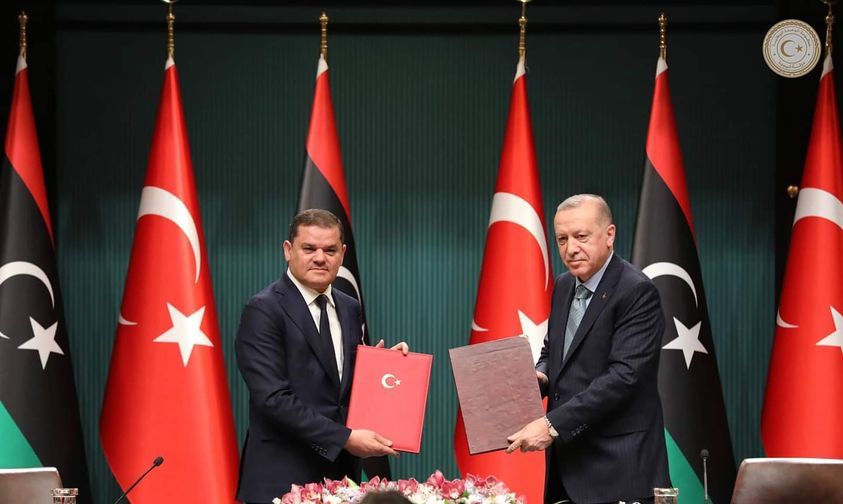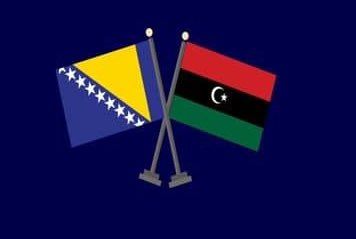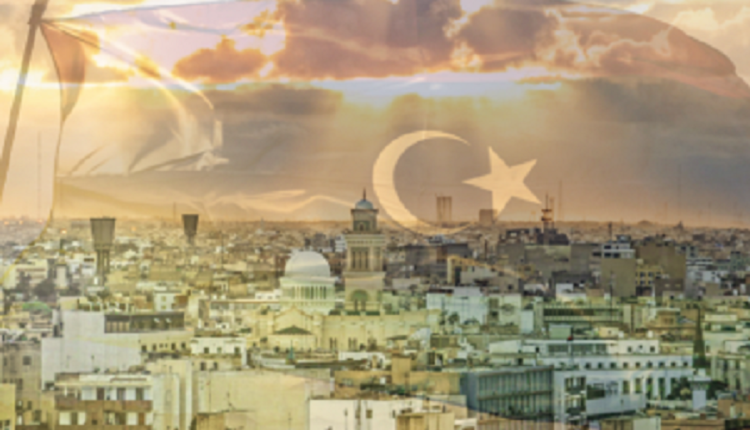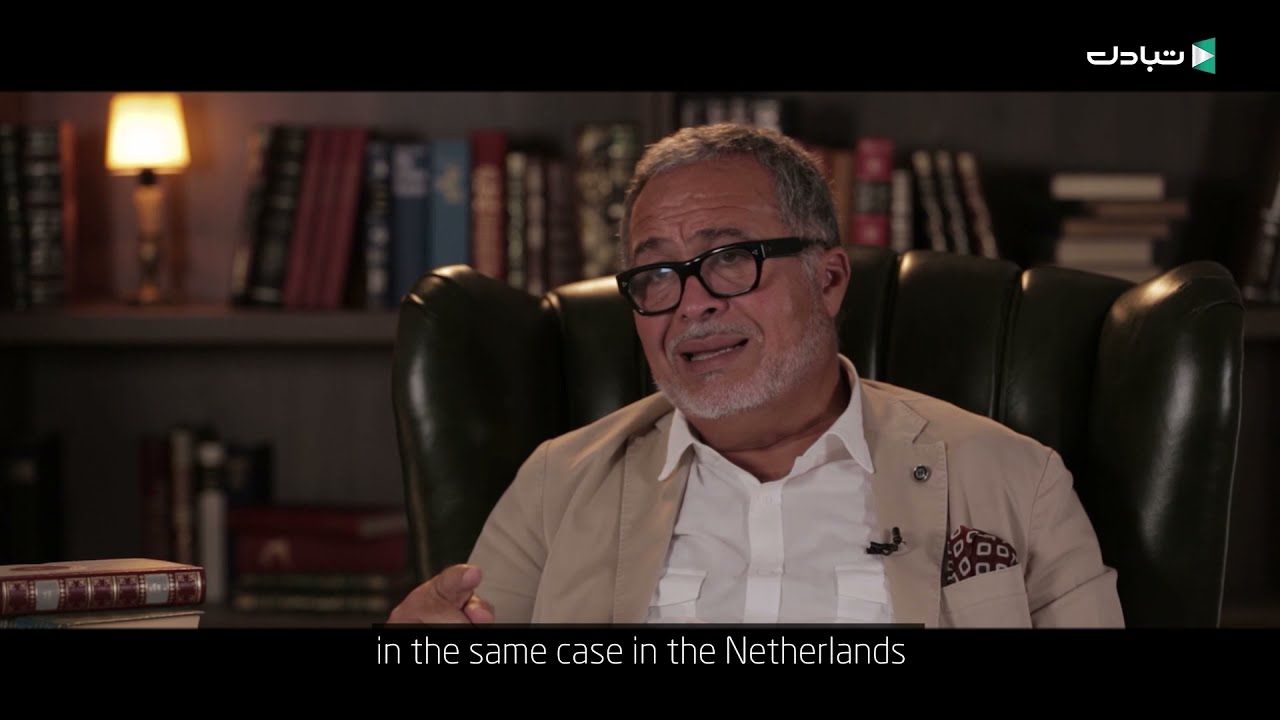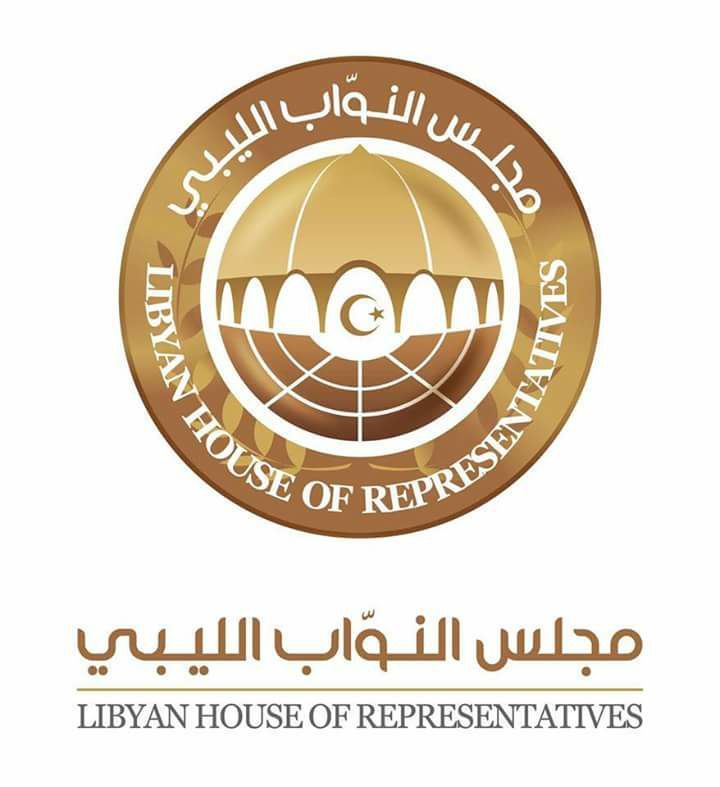A high-profile visit by Libya’s new interim prime minister, complete with economic accords, has cheered Turkey up, but Ankara’s interests in the war-torn country remain far from guaranteed amid a flurry of rival diplomacy ahead of Libya’s elections in December, stated Al-Monitor.
To make the most of the transition process by the Dec. 24 elections, Turkey has pinned hope on Prime Minister Abdulhamid Dbeibeh, who took office in mid-March. Dbeibeh received a red-carpet welcome in Ankara on April 12-13, unlike Mohammed al-Menfi, the head of Libya’s new presidency council, whom President Recep Tayyip Erdogan chose to greet without a ceremony last month. Fourteen ministers, along with the chief of general staff, accompanied Dbeibeh in the talks, framed as a meeting of a High-Level Strategic Cooperation Council between the two sides.
On the economic front, the two sides set a target of $5 billion in bilateral trade, up from about $3 billion at present, and agreed to resume talks on a free trade deal. Turkey’s Ronesans Holding signed deals to build a new terminal at the Tripoli airport, three power plants and a shopping mall. Aksa Enerji also signed a deal for a power plant construction.
Al-Monitor added that the talks involved discussions on ways to revive $18 billion Turkish construction projects interrupted by the eruption of Libya’s civil strife in 2011, resolve a long-standing problem of unpaid debts to Turkish contractors and encourage Turkish participation in reconstruction projects in Libya. Dbeibeh met also with Turkish businesspeople, pledging that Libya would prioritize Turkish companies, given their long experience in the country.
But can Dbeibeh guarantee the future of Turkey’s strategic interests in Libya?
By framing the talks as “high-level strategic cooperation,” Ankara treated Dbeibeh as the head of an elected government rather than of a nine-month interim administration tasked with uniting Libya’s fractured institutions and taking the country to elections. Dbeibeh’s signing of deals in Ankara quickly drew objections from the eastern forces of Khalifa Hifter. Moreover, Dbeibeh needs funds to implement the accords, but the parliament has yet to approve the 2021 budget.
According to Al-Monitor,Turkish companies do stand a good chance in Libya’s reconstruction, but Libya’s turmoil has meant that accords could stay on paper. In August 2020, for instance, a deal was reached to settle problems stemming from unfinished construction projects, under which the relevant Libyan parties were required to negotiate solutions with the Turkish contractors by Dec. 24, 2020. The issue remains stuck, even after the settlement period was extended to March 24.

